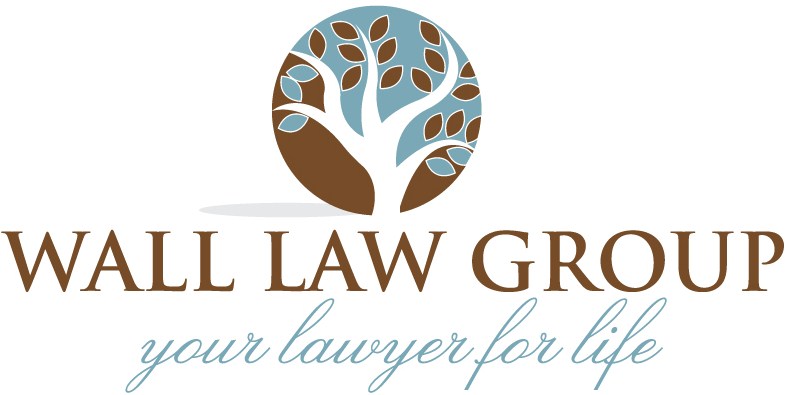To qualify for Medicaid, you must have limited income and assets (in most states, no more than $2,000 in your name). If you have more than that, you may find yourself having to "spend down" your extra assets to meet the $2,000 limit.
Myths & Misconceptions: An Estate Plan Is Not A Will
 Well, Halloween is now over and I’m sure your doorway was packed all evening with scary little goblins, ghosts, witches, and an assortment of other monsters. And, if you’re like me, you more than likely bought way too much candy and now you’re pondering whether to pitch it or just enjoy some serious sugar munchies. That’s just between you and your waistline!
Well, Halloween is now over and I’m sure your doorway was packed all evening with scary little goblins, ghosts, witches, and an assortment of other monsters. And, if you’re like me, you more than likely bought way too much candy and now you’re pondering whether to pitch it or just enjoy some serious sugar munchies. That’s just between you and your waistline!
With the House of Representatives passing its plan for overhauling the nation’s health care system this past Saturday, no matter what side of the political aisle you are on, there can be no doubt that having access to quality and affordable health care is a huge issue for many Americans. Along those lines, the truth is that now you will more likely experience a long-term disability than a catastrophic death. If all you have is a will, you’ve done nothing to plan for that disability. A comprehensive estate planning approach must include planning for your disability, as well as your passing.
Most people think of “doing estate planning” as the act of creating and signing a will. While in some cases, a will is the best instrument, you can’t get to that answer without engaging in a comprehensive process where the lawyer gets to learn about you and your family, your goals and desires, your values and expectations. Only then can an effective estate planning attorney recommend the best document or set of documents to create an estate plan that “works” for you.
In the end, estate planning should be about giving you the control and flexibility to live your life with peace of mind, knowing that there are safeguards in place that will help you provide for your loved ones if you are disabled. An effective estate plan will let you give what you want, to whom you want, when you want them to have it, and in the way you want them to have it. All the while providing a way to allow you to pass along both your wealth and your wisdom.
